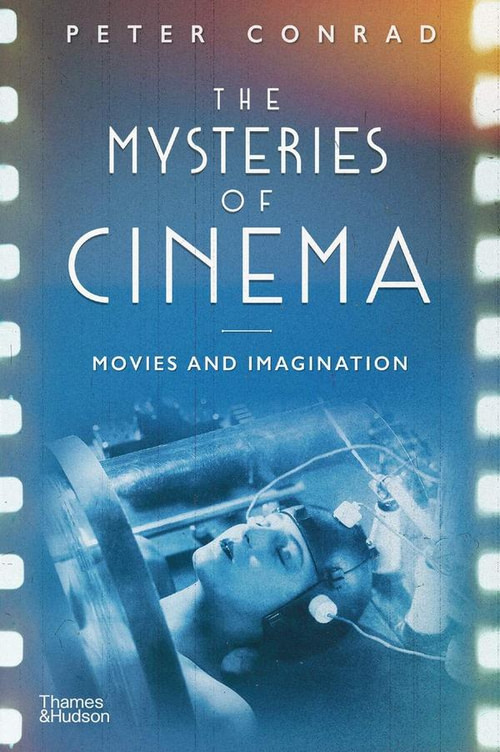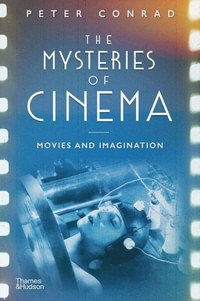
K prevádzke internetového kníhkupectva Artforum využívame cookies slúžiace na zabezpečenie a meranie funkčnosti, marketingové účely a zaistenie vášho maximálneho pohodlia a spokojnosti.
Cookies sú malé textové súbory s obmedzenou časovou platnosťou ukladáné vo vašom prehliadači. Umožňujú nám rozoznať vás, zabezpečiť nákup a identifikovať, čo vás napr. najviac zaujíma, čo vyhľadávate alebo či je pre vás všetko dostatočne pochopiteľné. Rovnako ich používame na marketingové účely, na zobrazenie reklamy a obsahu stránky, ktorý je tak pre vás relevantnejší. Pracujeme tiež s pixelmi – malými neviditeľnými obrázkami, ktoré zbierajú informácie o vašom prehliadači a zariadení.
Cookies nám pomáhajú zaistiť vaše maximálne pohodlie a spokojnosť pri nákupe.
Okrem týchto možností môžete využiť možnosti zabudované priamo do vášho prehliadača na zmazanie existujúcich alebo blokovanie nových cookies. Nezabudnite, že nastavenia prehliadača budete musieť upraviť na každom zariadení, kde budete prehliadať naše internetové kníhkupectvo. Ďalšie prehliadače.
Ak máte k tomuto cookies vyhláseniu akékoľvek otázky, dajte nám vedieť.
Toto prehlásenie bolo naposledy aktualizované 22.04.2023.

People who saw the first moving pictures at the end of the nineteenth century were delighted by a new art that communicated without words - yet they were also alarmed to be witnessing events in a strange, mute, spectral realm, where the laws of time and space were suspended and magical transformations could occur. Some early commentators hailed cinema as a blessing and praised it for resurrecting the dead; others likened it to a hypnotic trance or a hallucinogenic drug. Čítať ďalej ↓
The medium has always been excited by speed, and it enjoys sending the body on furious kinetic chases; at the same time, it stealthily probes our minds, invading our dreams and titillating our desires. Although this is an art kindled by light and inflamed by colour, it is nurtured by darkness and can reduce life to an insubstantial shadow play. Either way, as Peter Conrad argues in this brilliant book, the movie camera has given us new eyes and changed forever our view of reality. The Mysteries of Cinema sets out to map this ambiguous territory by taking readers on a thematic roller-coaster ride through movie history. Directors and critics speculate about the nature of cinematic vision, and there are contributions to the debate from writers like Kafka, Virginia Woolf and Joan Didion, artists including Salvador Dali, George Grosz and Fernand Leger, and the composers Arnold Schoenberg and Dmitri Shostakovich. The book begins from the audacious innovations of silent film, and examines the influence of French surrealism and German expressionism; it accounts for the appeal of Hollywood genres like the Western, the horror film and the musical, and ends by considering the fate of the moving image in our visually glutted society. Combining contagious enthusiasm with an eye for the subjective quirks of filmmakers and the allure of favourite performers, Conrad delivers an astonishing addition to the literature on the seventh art.

Aby ste mohli používať wishlist v našom internetovom kníhkupectve, musíte sa najprv prihlásiť. Ak u nás ešte nemáte vlastné konto, môžete si ho vytvoriť registráciou.
Odkaz na jeho obnovu vám zašleme na váš e-mail.
Pokračujte zadaním e-mailovej adresy pre obnovenie Vášho hesla| Tel.: |
+421 948 161 216 Zavolajte nám dnes od 9:00 |
| E-mail: | istore@artforum.sk |